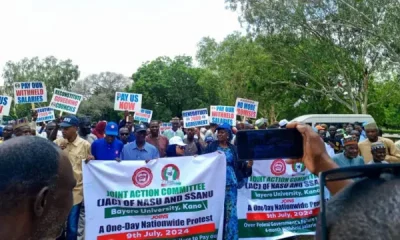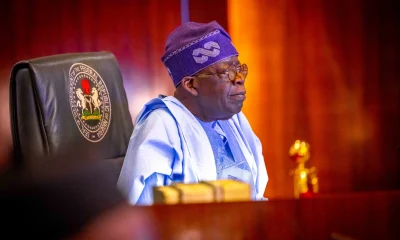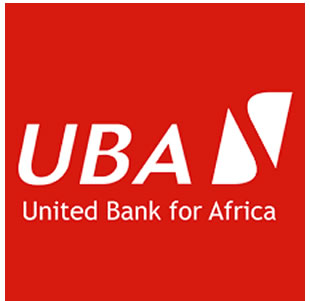Business
Senate Receives NNPCL’s Response to Audit Queries on N210tn Unaccounted Funds
-

 News23 hours ago
News23 hours agoSenator Natasha Makes Bold Comeback as Senate Resumes Plenary
-

 INEC'11 hours ago
INEC'11 hours agoYakubu Bows Out After Two Terms as INEC Chairman
-

 Education11 hours ago
Education11 hours agoSSANU, NASU to Protest Nationwide Over Unmet Demands
-

 News9 hours ago
News9 hours agoTinubu Accepts Nnaji’s Resignation Over Certificate Scandal
-

 News9 hours ago
News9 hours agoObi Rejects Class Discrimination, Reaffirms Support for Ordinary Nigerians
-

 News9 hours ago
News9 hours ago2026 WCQ: Fredrick Joins Super Eagles, 18 Players Now in Camp
-

 News23 hours ago
News23 hours agoCooking Gas Price Steady at ₦1,200 per Kg in Abuja Despite Surge in Lagos
-

 INEC'11 hours ago
INEC'11 hours agoAgbamuche-Mbu Becomes Acting INEC Chairman as Yakubu Bows Out














